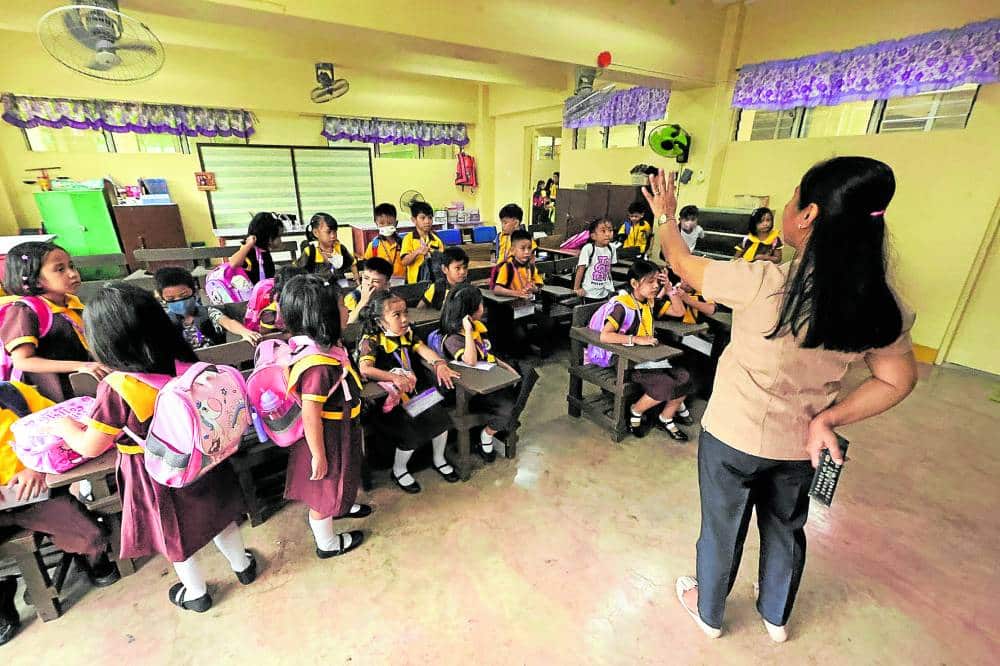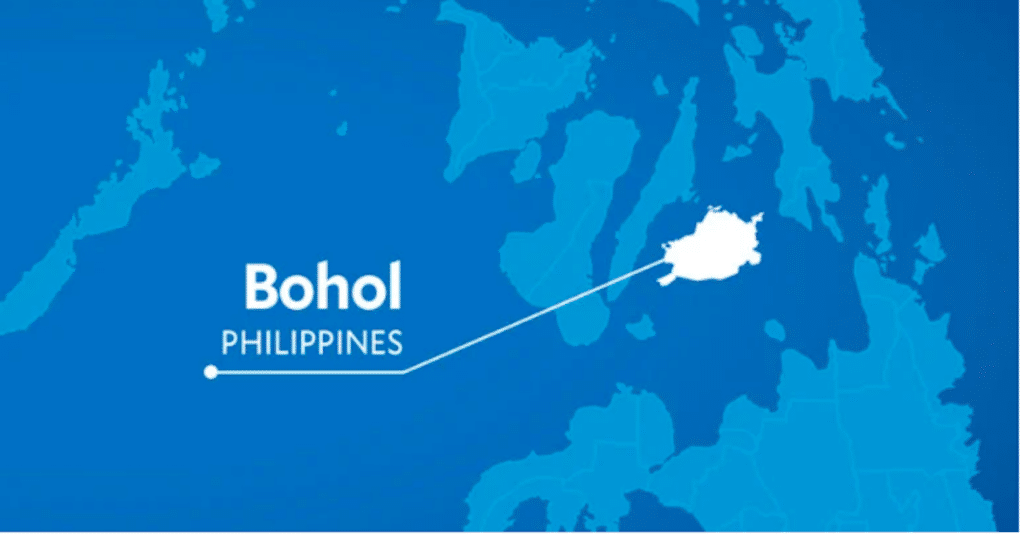
CEBU CITY, Philippines – President Ferdinand Marcos Jr. has signed into law the Academic Recovery and Accessible Learning (ARAL) Program, a nationwide initiative aimed at helping students who are struggling academically, particularly in reading, mathematics, and science. He signed the bill into law on October 18, 2024.
The ARAL Program will target K-12 learners who need additional support to meet the minimum proficiency levels set by the Department of Education (DepEd). The law provides free interventions for students from Kindergarten to Grade 10 in public schools, focusing on those returning to school after a break, those who are below the expected proficiency in core subjects, and those who are failing assessments. Cebu City South District Representative Edu Rama Jr.
, one of the principal authors of the legislation, expressed his gratitude for the approval of the bill. “We are happy because this law will provide crucial support to students from Kindergarten to Grade 10 who need extra help in subjects like reading, mathematics, and science,” Rama said. The program will prioritize essential skills, including reading and mathematics for learners from Grades 1 to 10, and science starting in Grade 3.
For Kindergarten students, the focus will be on strengthening foundational literacy and numeracy skills. Under the law, teachers and para-teachers—those who have taken but not passed the Licensure Examination for Teachers and are granted a special permit—will be compensated for their work in tutoring students. These sessions may be conducted face-to-face, online, or through blended learning methods, depending on the needs of the learners.
The DepEd’s Learner Information System will identify students eligible for the ARAL Program. Learners who have reached the required proficiency levels may also opt to enroll in supplemental classes during summer breaks. “Our goal is to support students as early as Kindergarten, especially when teachers see that they are struggling,” Rama said.
“The ARAL Program will help bridge learning gaps and equip students for future success, all at no cost to the parents,” he added. The newly signed ARAL Program law is seen as a step toward addressing learning challenges in the Philippine education system, especially in the aftermath of the COVID-19 pandemic, which disrupted many students’ education..










